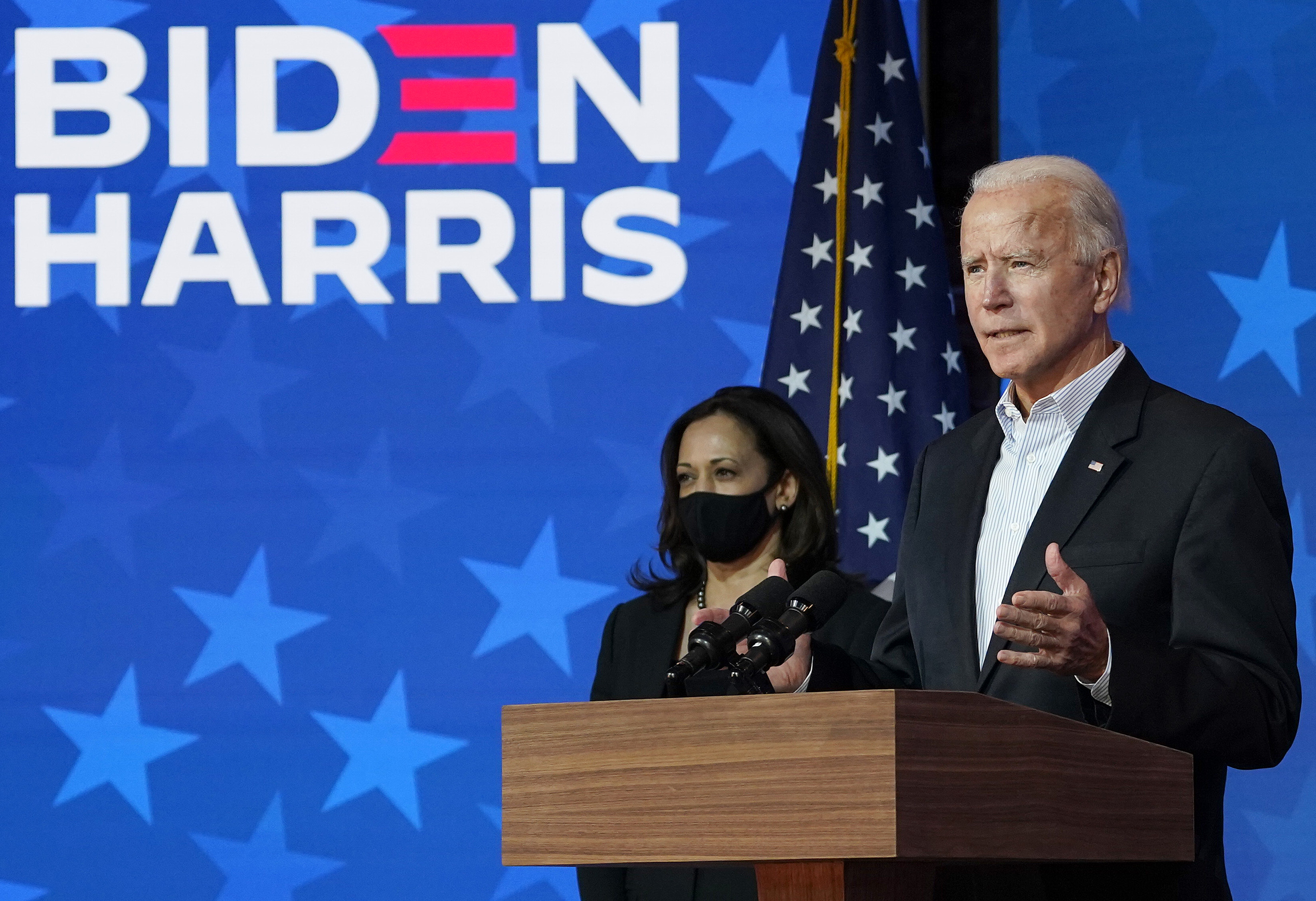Decades of experience in the US Senate and eight years of familiarity in the office of the Vice President make Joe Biden an eminently qualified person to handle world affairs.
It is certain that Joseph Biden will be inaugurated as the 46th President of the United States on 20 January 2021. Friends and foes of America have been eagerly waiting for the last couple of months to see how the new American President is going to address the challenges and take advantage of the opportunities of the fast changing global order.
Unlike in the aftermath of the 2016 US presidential election, there is a certain amount of confidence and solace among foreign policy analysts in the US and the rest of the world that the 46th President of the United States would be a person who has the best résumé in the world in terms of understanding and managing the country’s foreign policy. Decades of experience in the US Senate and eight years of familiarity in the office of the Vice President make Joe Biden an eminently qualified person to handle world affairs.
The damage done to US foreign engagements during the last four years of unpredictable policies of the Trump administration and the new challenges posed by the Covid-19 pandemic are the two most major issues that would confront the Biden administration. Policies towards America’s apparent rivals and potential adversaries, particularly China and Russia, have to be handled carefully. China is an aspirant superpower and the “Resurgent Russia”, with deep experience in cold war tactics, are witnessing a different United States that is afflicted with tremendous economic downturn, an ideologically polarized polity and a racially divided society.
How Joe Biden addresses these domestic challenges will influence how the US stands in the world and how its competitors treat it. Hence the third important challenge to US engagement with the rest of the world will depend upon how the Biden Administration will fix the country’s economy, reform the law enforcement agencies and co-opt the Republican Party Congressmen and Senators in foreign policy formulations and implementations.
The silver lining in otherwise dark clouds over American polity is the victory of the Democratic Party in the presidential election as well as Congressional elections. The outcome of the Georgia run-off election for two seats in the Senate and victory of the Democratic Party candidates with a very thin margin came as a breather to Biden. It would be now easy for him to get approval of the Senate to his nominated Cabinet and other level officers who would head the country’s foreign policy structure and networks. The backing of the Senate, the American Upper House, is very crucial for a President to manage his foreign policies.
Many people are raising questions about the nature and pattern of Joe Biden’s foreign policy. Is it going to be a replay of Obama’s four years? Is it going to be drastically new with imprints of the new President’s understanding and personality? Most probably, it is going to be a judicious combination of both. Several of the top level officials who have been nominated for positions in the State Department, Pentagon, National Security Council and Central Intelligence Agency clearly reflect that some of the crucial decisions taken during the Obama administration and disrupted by the Trump administration are going to be revisited.
However, the world has not remained the same since Barack Obama left the White House. New challenges have emerged that need creative solutions. Thus, while Biden will return to the Paris Climate Accord, most likely extend the term of the New Start Treaty related to nuclear arms control understanding between the US and Russia, revise the immigration policy of his predecessor, many other challenges, such as the trade and tariff disputes between the US and China, Iran nuclear deal and multilateral trade regimes in the Indo-Pacific region need nuanced approaches.
The Regional Comprehensive Economic Partnership (RCEP) led by China and the new investment treaty signed by China and the European Union will pose extra-large challenges to the Joe Biden administration. These two success stories of China’s foreign-economic policy clearly indicate that America’s allies in Asia and Europe will not team up with the United States in the bilateral competition that is going to be fierce between the US and China in coming years. President Trump walked out of the Trans-Pacific Partnership negotiations in the first day of his administration. As a result, the US has to walk solo in the Indo-Pacific region on trade and investment issues by striking bilateral deals. The US-EU trade and tariff differences, in addition, will continue to haunt trans-Atlantic ties.
While the brightest spot in Biden’s foreign policy initiatives will be the India-US strategic partnership, India would expect the Biden administration to stand by the Trump administration’s Indo-Pacific strategy. India and the US need to capitalise on the strategic convergences of their interests to maintain peace and prosperity in the Indo-Pacific region. Need to counter terrorism, prevent Chinese muscular expansionism, ensure global public health and manage the negative effects of the pandemic on global economy should keep the US and India on the same page.
Chintamani Mahapatra is Professor of American Studies, School of International Studies, Jawaharlal Nehru University.

